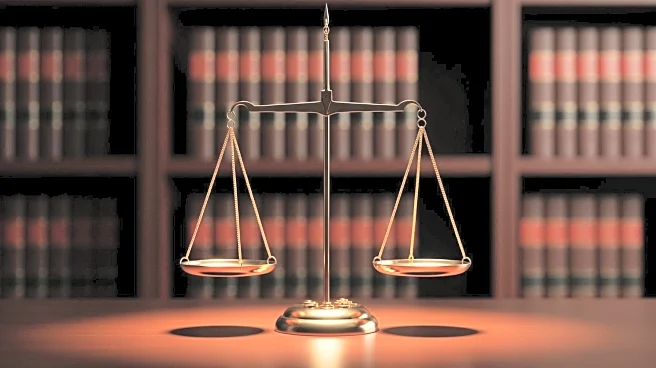Rapid Read • 8 min read
The integration of advanced technologies such as the Internet of Things (IoT), Artificial Intelligence (AI), and Biotechnology is transforming agriculture as we approach 2025. IoT sensors are being used to provide real-time monitoring and data collection across fields, enabling automated systems to collect, analyze, and act upon environmental data from soil, crops, and the atmosphere. This digital transformation is driving efficiency, sustainability, and productivity in modern agricultural practices worldwide. Key innovations include advanced soil and crop sensors, autonomous agricultural drones and robotics, next-generation precision irrigation systems, integrated pest and disease early warning systems, AI-driven yield prediction and farm management platforms, carbon footprint and environmental impact monitoring, and blockchain-powered traceability and supply chain security.
AD
The adoption of IoT, AI, and biotechnology in agriculture is crucial for enhancing productivity and sustainability. These technologies allow for data-driven decisions that optimize resource use, reduce waste, and increase yields. Farmers can benefit from improved efficiency and lower operational costs, while also ensuring greater sustainability by reducing environmental impact. The ability to predict and respond to challenges such as climate change, pests, and diseases is enhanced, promoting food safety and supply chain transparency. This transformation is expected to democratize access to advanced farming practices, making them accessible and affordable for both smallholder and large-scale farmers.
As the digital transformation of agriculture continues, the focus will be on overcoming challenges such as data security and privacy, interoperable standards, skill gaps and training, infrastructure limitations, and scalability and affordability. The ongoing pursuit of democratizing smart farming practices will see more precise sensors, sophisticated AI predictive models, and greater biotechnological enhancement of crops. The new era of digital agriculture is expected to be adaptive, resilient, and sustainable, equipped to meet rising food demands and environmental volatility.
The integration of IoT, AI, and biotechnology in agriculture raises ethical and legal considerations regarding data privacy and security. Ensuring responsible use of data collected by millions of IoT sensors is crucial. Additionally, the development of interoperable standards for seamless communication across platforms is vital for maximizing the benefits of these technologies. Building skillsets among farmers and operators to fully utilize advanced technologies is essential for widespread modernization.
AD
More Stories You Might Enjoy












